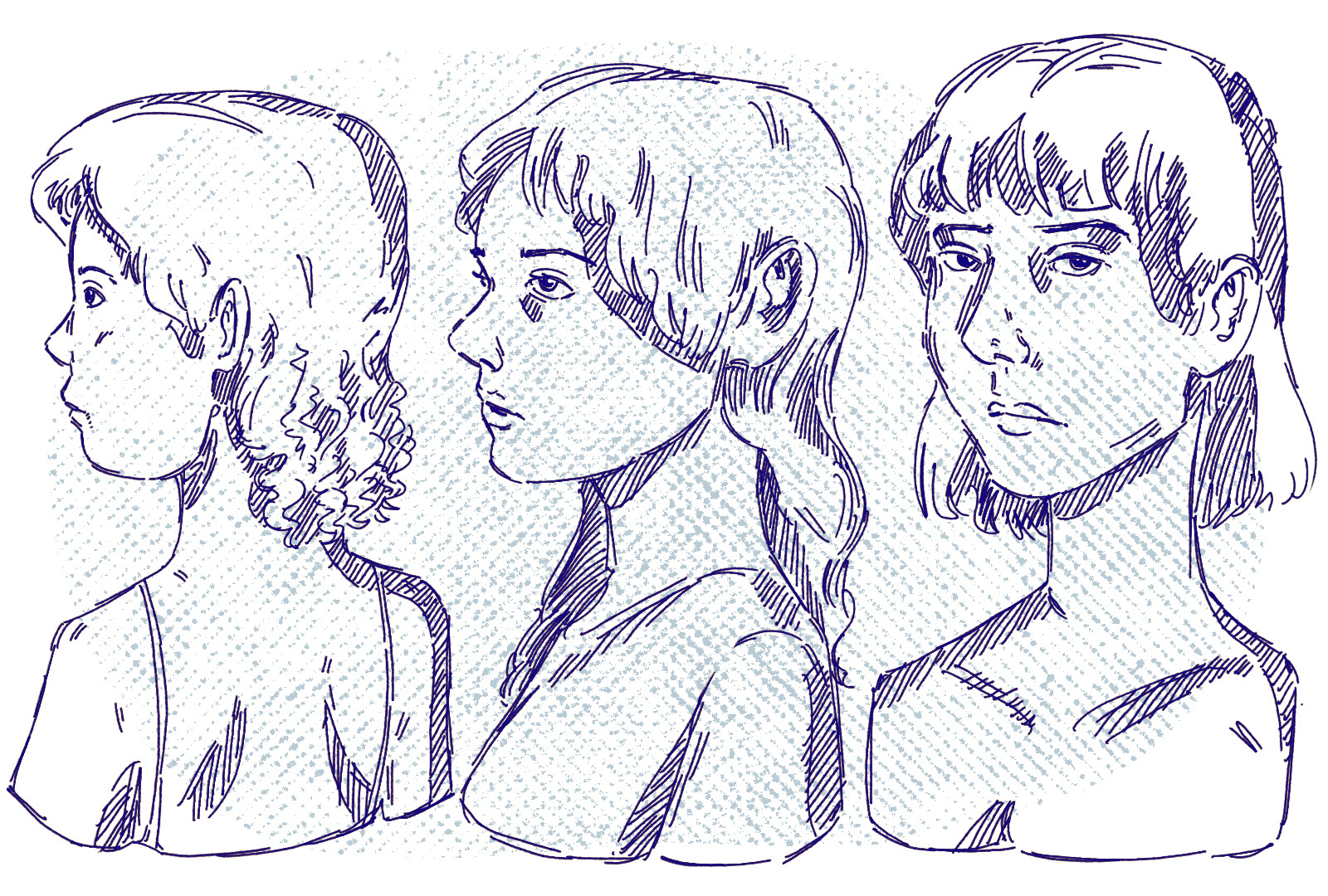Overcoming mental health struggles in the shadows of stigma.
*Trigger warning: suicide.*
I’m alive.
That was my first bewildered thought in the aftermath of my suicide attempt. Today, I peel back the layers of secrecy to share one of the darkest chapters of my life, not as a tale of despair, but as a beacon of resilience and transformation. My journey from the brink of death to survival is not just my story—it is a testament to the critical importance of seeking help for mental health struggles, especially amidst the suffocating grasp of societal stigma.
For years, I masked my pain behind a facade of normalcy, mastering the art of deception. Each day was a balancing act between the desperate yearning for peace and the flickering ember of hope that urged me to hold on. But after nearly a decade of silent suffering, that ember of hope was finally extinguished. I had exhausted every ounce of strength, every glimmer of resilience, leaving behind a hollow shell of despair.
The weight of my mental anguish was compounded by the paralyzing fear of societal judgment. I was gripped by the insidious notion that seeking help would only burden others or worse, brand me as a social pariah. This fear kept me shackled in silence, imprisoned in a labyrinth of despair with no escape in sight.
As a young adult navigating academia, the pressure to excel only added fuel to my inner turmoil. Each day was a relentless cycle of academic rigor and emotional turmoil, with no respite in sight. The weight of expectations bore down upon me like a heavy yoke, crushing my spirit.
But amidst the darkness, a lifeline was extended to me in my hour of need. The wellness program at Concordia University offered a sanctuary of solace, a safe haven. Through mindfulness sessions and counseling services, I found a beacon of light, a guiding hand to lead me out of the abyss.
However, my journey is not just about survival—it is about breaking the silence and challenging the stigma surrounding mental health struggles. For far too long, society has shrouded these issues in secrecy and shame, perpetuating a culture of silence that suffocates those in need of help.
As teenagers and young adults, we are tasked with dismantling the barriers that stand in the way of mental health awareness and support. Initiatives at Concordia University, such as the Zen Dens, wellness programs, mindfulness sessions, and Counseling and Psychological Services, serve as examples of what is possible when we prioritize mental health and well-being.
But our work is far from over. We must actively implement strategies to improve access to mental health resources and support services, both within our schools and communities. One effective approach is to establish dedicated mental health support centers or hotlines staffed by trained professionals who can offer immediate assistance to those in need. Additionally, integrating mental health education into school curriculums can help raise awareness and reduce stigma from a young age.
To my fellow survivors, I say this: You are not alone. Your struggles do not define you. And together, we can break the silence and light the path toward healing and hope.
It is not easy to come forward and share one’s struggles with mental health. The fear of being judged or dismissed can be paralyzing, trapping us in a cycle of silence and shame. But it is precisely this fear that we must confront head-on, for our own sake and that of countless others who may be suffering in silence.
Young adults, in particular, face unique challenges when it comes to mental health. The pressures of academic success, social acceptance, and uncertain futures can weigh heavily on our shoulders, exacerbating existing struggles and making it even harder to reach out for help. Yet, it is crucial that we are taken seriously and that our voices are heard when we speak up about our mental health needs.
Every day, more than 200 people attempt suicide in Canada, a staggering statistic that underscores the urgent need for greater awareness and support for mental health issues. Behind each of these attempts lies a story that deserves to be heard and acknowledged.
As we strive to break the silence surrounding mental health struggles, let us also work to create a more compassionate and understanding society—one where seeking help is seen as a sign of strength rather than weakness, and where no one is left to fight their battles alone. Together, we can pave the way toward a brighter, more hopeful future for all.
